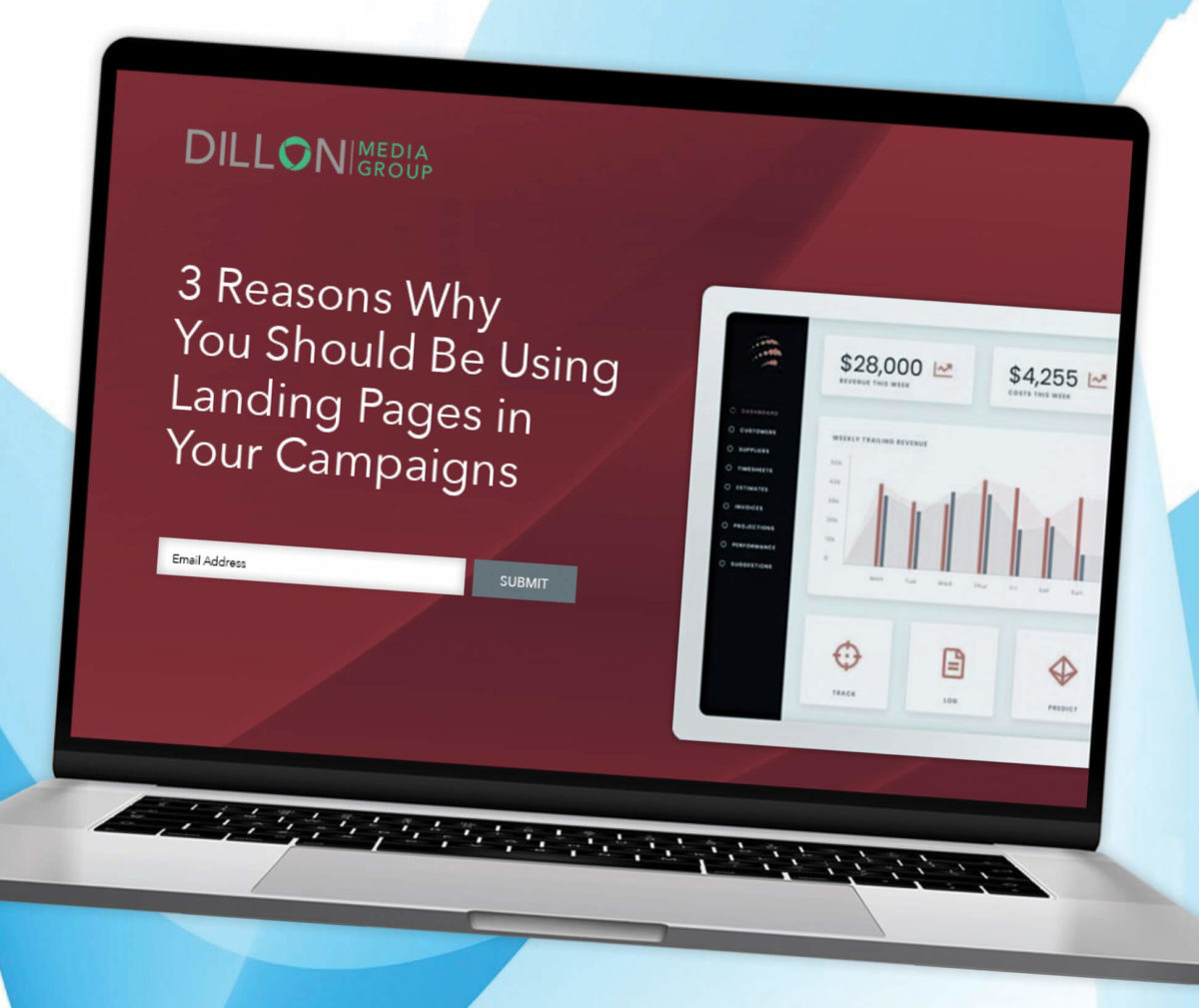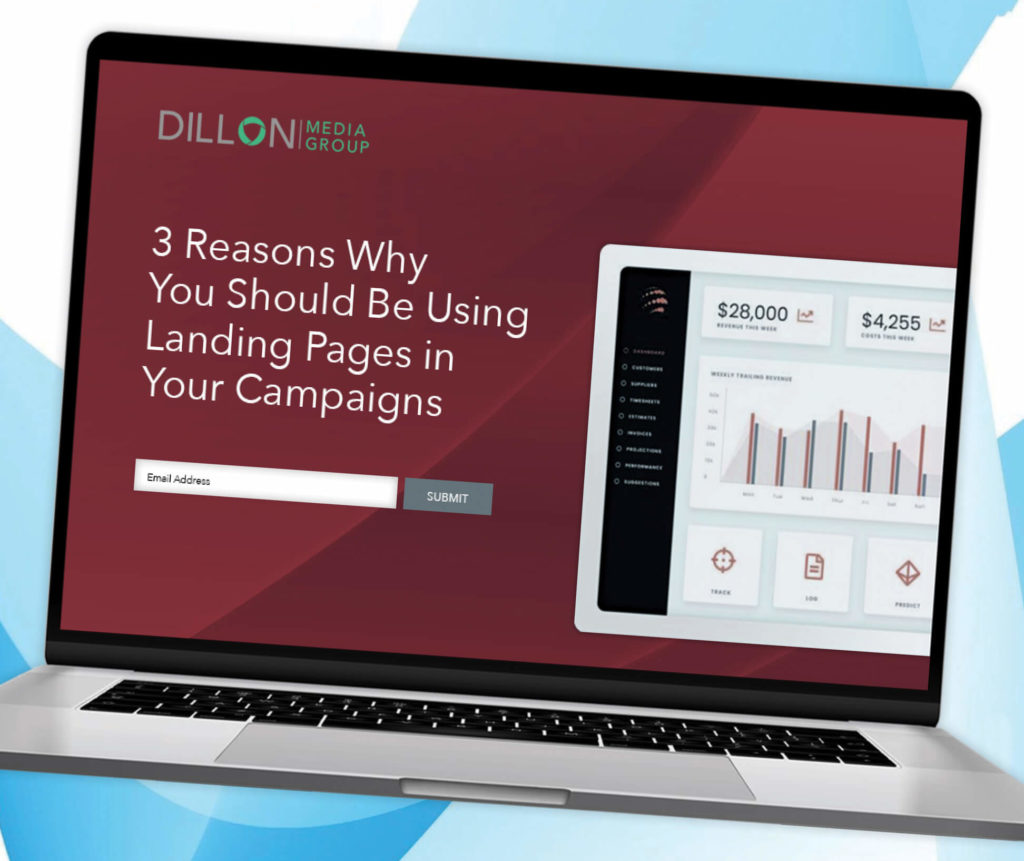
The number one question I get from business owners is, “How do I get to be at the top of Google?”. Unfortunately, there’s not a short answer for this, but I’ll try to give you a quick overview with this article. To keep it short, there are basically two ways to get to the top of Google.
- The first option to get to the top of Google is paid ads. Most people refer to this as Google Search Ads or just Google Ads. Microsoft/Bing and Yahoo are also prime search engines, but we’ll stick with Google for this one. The concept of these ads is pretty simple. You run ads, if someone clicks on your ad, then you are charged for the click. Sounds easy, but the reality is that if you’re not experience with managing these campaigns, things can get really expensive, really quick. As the world’s largest advertising platform, there are a lot of factors to being successful and making the best use of your budget. That being said, I’ve listed some of the pros and cons of paid Google Ads campaigns.
Pros:
- You can get to the top of Google searches within a relatively short period of time.
- Your ad can be at the very top of the search results.
- Small businesses can compete with larger businesses because of Google’s auction system.
Cons:
-
Campaigns that are not managed well can get expensive without generating any leads.
-
When you stop paying, your ad stops showing.
-
Many people skip passed the top ads because they know they are paid.
- The second option to get to the top of Google is Search Engine Optimization (SEO). This is also know as ranking “organically”. I like to look at this as long-term investing into your website. This process can take some time, but can have some benefits that you don’t get with paid ads. To rank well organically (without paying Google directly). Google looks at a variety of factors when deciding on who ranks where. To try and keep it simple, I like to break it down into two primary factors. On-page optimization and off-page optimization. On-page refers to your website and how it’s set up and off-page means what’s going on outside of your website. On-page optimizations include thing such as how informative is the content on your website, the titles of your pages and a lot of technical items such as how your code is structure in order for Google bots to read your website. Off-page optimization is the process of generating links back to your website through various platforms, having an active social presence and claiming hundreds and sometimes even thousands of business listings across the web. Here are some of the pros and cons of SEO.
Pros:
- Many people skip over paid ads to find organic listings.
- Once you rank organically, you can stay at the top of Google (at least for a while)
- Small businesses can compete with larger businesses because of Google’s auction system.
Cons:
- Ranking at the top of Google organically can take some time; which, time is money.
- For both of these options, Google’s ultimate goal is to give their clients the best user experience. The “algorithm” everyone likes to talk about uses thousands of factors to decide on what will give someone the best answer to whatever question they put into the search engine.
FAQs:
Which is better, paid ads or SEO? My answer is always “both”. If you want to be found at the top of Google, you want as much territory as you can get. Searchers are more inclined to click through to your website if you have several places at the top of the search results.
How much do Google Ads cost? That depends on how competitive of an industry and market you live in. An attorney in Miami is going to have to spend a lot more money to be found at the top of the search engines versus a med spa in Ocala, FL. We have client’s that start with monthly budgets of $600 up to thousands of dollars each month.
How much does SEO cost? When I look at SEO campaigns, I see a straight line from point A to point B. The higher the budget, the quicker we can get you to point B. That said, we have clients in lower competition markets and industry that have started at $600/month.
I hope this overview was helpful. I understand that it can be overwhelming as a business owner to know what is the best way to invest in your business without wasting your money. If you have questions or would like to know more, don’t hesitate to reach out.
 (352) 895-0831
(352) 895-0831

